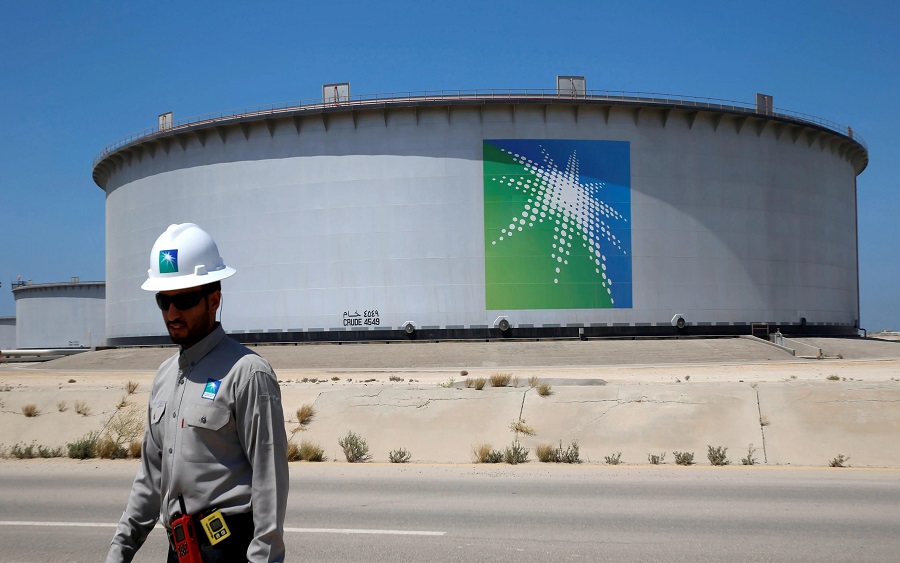The world’s largest oil company, Saudi Aramco reported a 73% drop in profit Q2,2020 profit and still kept its plans to pay $75 billion in annual dividends in a report credited to Bloomberg News
Saudi Aramco reported a plunge in profits for Q2,2020 of 24.6 billion riyals compared to 92.6 billion riyals recorded in the same corresponding year.
Aramco will pay a Q2,2020 dividend of $18.75 billion, most of it to the government of Saudi Arabia, the company’s major shareholder.
READ MORE: Apple becomes world’s largest public listed company, valued at $1.82 trillion
The plunge in profit was due mainly to “the impact of lower crude oil prices and declining refining and chemical margins,” Aramco said in the statement to the Saudi stock exchange.
“Strong headwinds from reduced demand and lower oil prices are reflected in our second-quarter results,” said Chief Executive Officer Amin Nasser.
“We are seeing a partial recovery in the energy market as countries around the world take steps to ease restrictions and reboot their economies.”
READ ALSO: Shoprite’s owners to leave Nigeria after 15 years
Quick fact; Saudi Aramco is the national energy company of Saudi Arabia. It produces five grades of crude oil and natural gas liquids.
It also produces refined energy products that include liquefied petroleum gas, ethanol, naphtha, and other products.
It exports about 75% of its crude oil to foreign markets, most often with its oil tankers. Saudi Aramco has access to crude oil reserves of about 260 billion barrels, the largest in the world.
READ ALSO: Nigeria’s Petroleum minister and Saudi Aramco discuss investment options
OPEC’s largest oil exporter, Saudi Arabia has been hit hard by global economic restrictions aimed at curbing the spread of COVID-19.
The Saudis make most of its revenue from crude oil, which has dropped 33% in value this year.


















